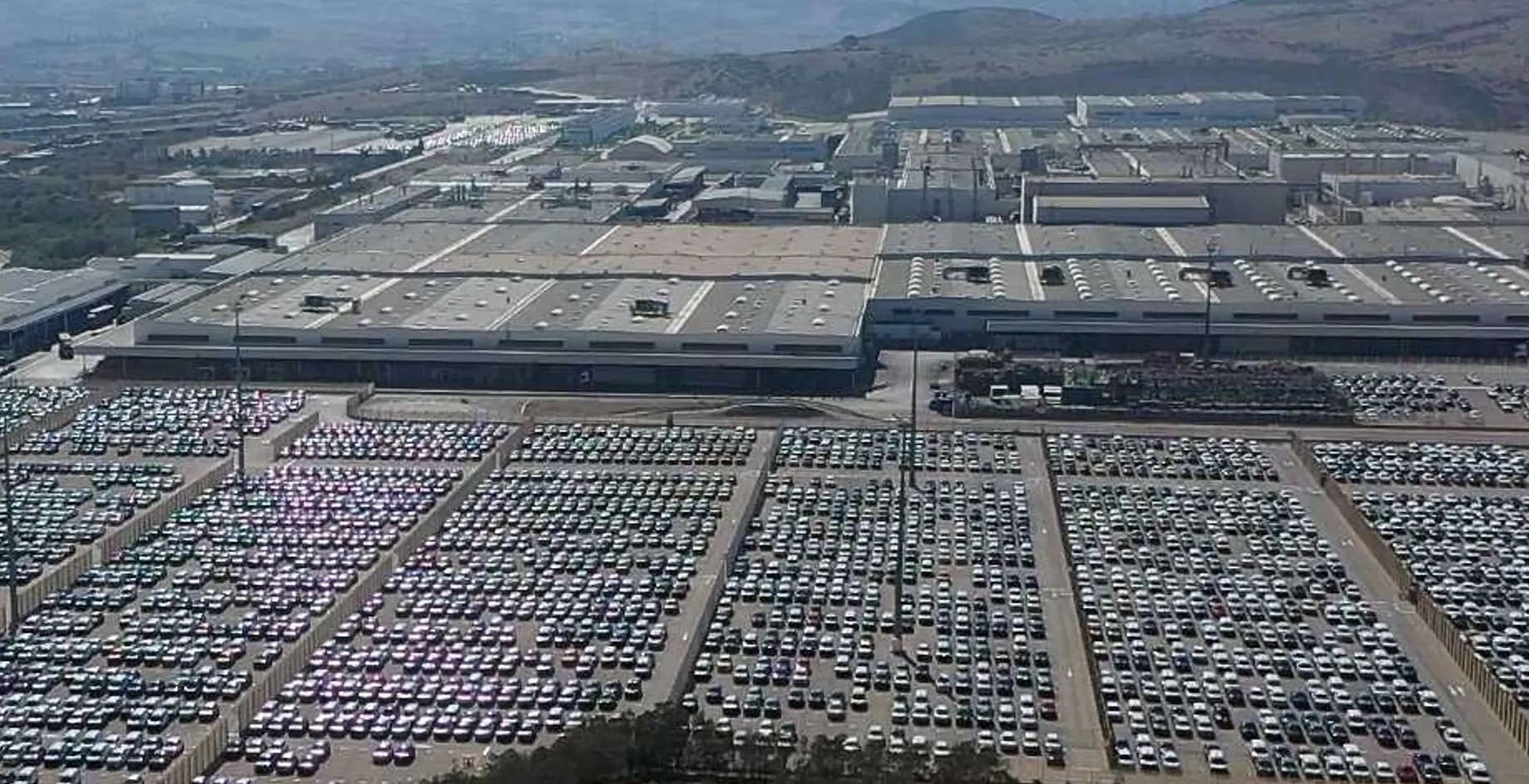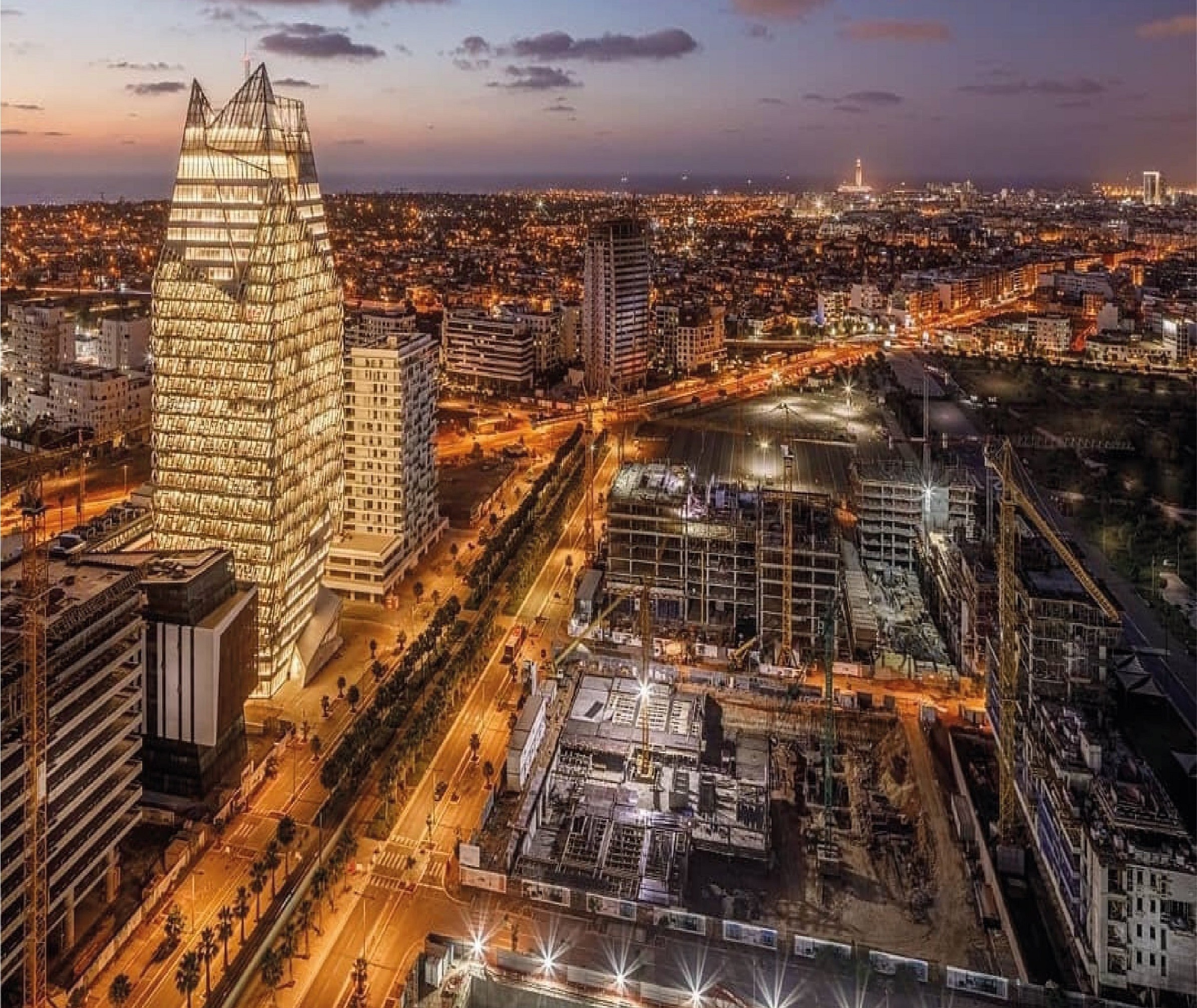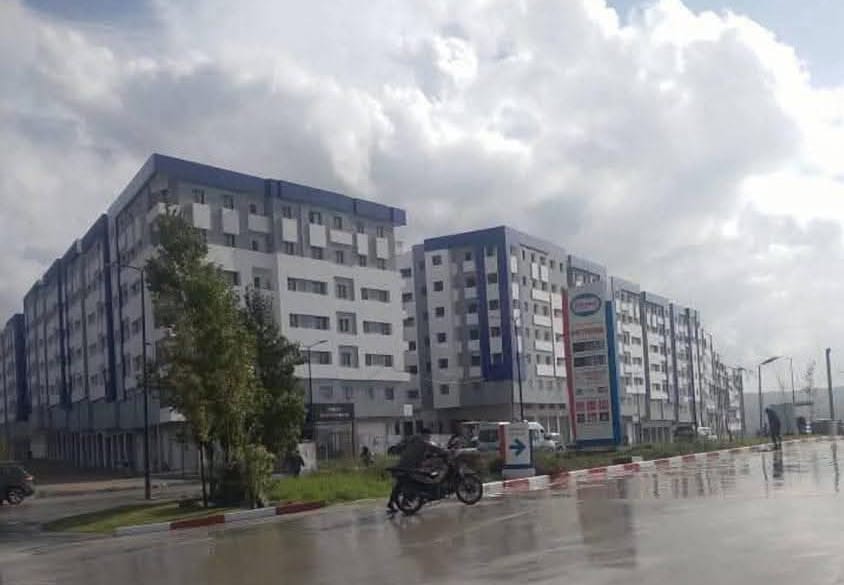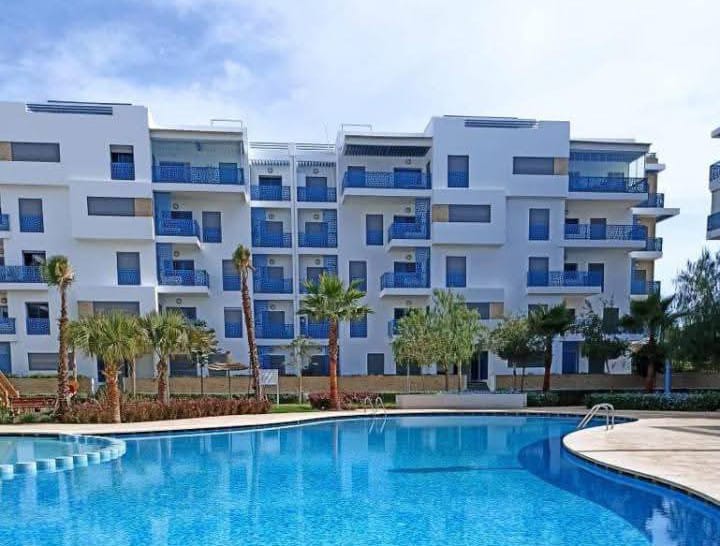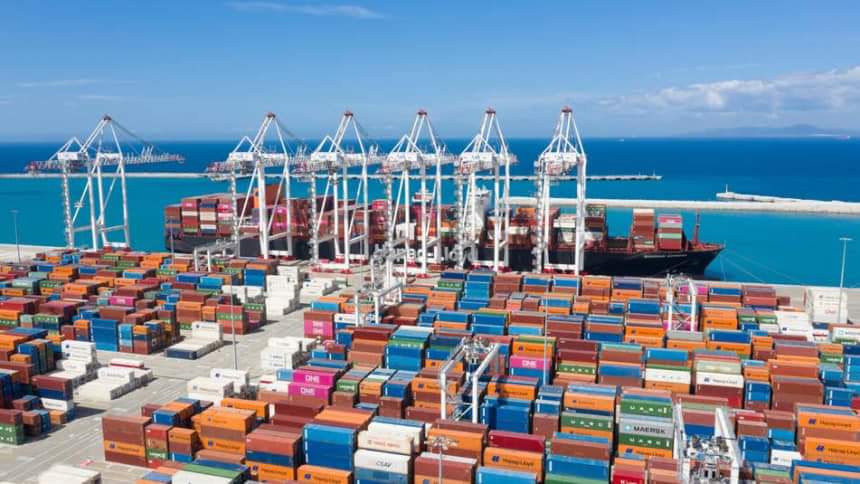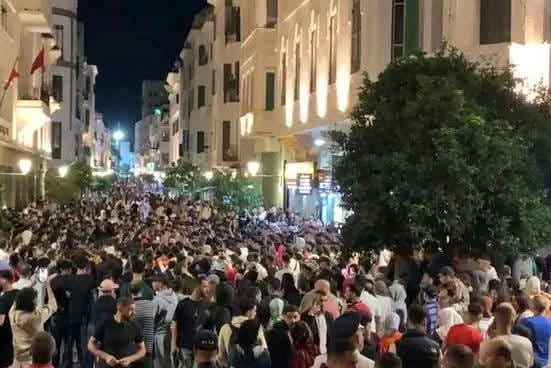Casablanca – The Moroccan real estate market showed signs of stagnation in the third quarter of 2024, with a noticeable drop in both sales and prices, according to the latest data released by Bank Al-Maghrib (BAM) and the National Agency for Land Registry, Cadastre, and Cartography (ANCFCC).
The Real Estate Asset Price Index (IPAI) recorded a 0.4% year-on-year decrease in Q3 2024, reflecting a continued decline across various sectors of the market. Residential property prices saw a modest 0.5% drop, while land prices fell by 0.6%, and commercial property prices decreased by 0.9%. This downturn is a continuation of the cooling trend observed in recent quarters, signaling a challenging period for property owners and investors.
The volume of transactions also experienced a sharp contraction. Overall, the number of real estate transactions dropped by 13.1%, with residential sales particularly impacted. Sales of residential properties fell by 14.8%, and commercial property transactions plunged by 29.2%. However, land sales provided a rare silver lining, showing a modest increase of 3.4% compared to the same period in 2023.
Breaking down the data by city, Rabat, Casablanca, and Marrakech were among the hardest-hit regions. In Rabat, property prices decreased by 0.6%, and sales fell by 25.1%. Casablanca saw a slightly larger decline, with prices dropping by 1%, while the number of transactions dropped by 30.1%. Marrakech experienced an even more significant slowdown, with prices falling by 0.5%, but the real shock came in the form of a staggering 53.5% drop in sales. Tangier was one of the few cities to buck the trend, with prices rising by a marginal 0.1%, although sales still declined by 9.6%.
The commercial property sector was especially weak, with office and retail spaces continuing to suffer. Prices in this sector fell by 0.9%, with offices seeing a sharper drop of 2.4%. The volume of commercial transactions collapsed by 41.1%, marking a stark contrast to the relative stability in land sales. This drop in commercial property transactions is indicative of the economic uncertainty facing businesses, many of whom are reducing their office footprints or delaying new investments in real estate.
When compared to Q2 2024, the IPAI saw a more modest 0.2% quarterly decrease, largely driven by the continued slide in land and commercial property prices. Residential prices, however, remained stable, with only a slight 0.4% dip. The total number of transactions in Q3 2024 was 28.9% lower than in the previous quarter, highlighting the broader trend of cautiousness and uncertainty in the market.
The real estate market in Morocco faces multiple challenges, including rising construction costs, changes in consumer behavior, and shifting economic conditions. The slowdown in the residential sector is likely tied to a combination of factors, including high mortgage rates, economic uncertainty, and a general shift toward more affordable housing options.
Looking forward, experts suggest that the market may continue to face difficulties, especially in the residential and commercial sectors. However, with land transactions showing some resilience, developers may need to adapt their strategies, focusing more on land sales or affordable housing projects to remain viable in the current market environment.
As the year progresses, all eyes will be on whether the Moroccan real estate market can stabilize or whether the decline will deepen further in the final quarter of 2024.


